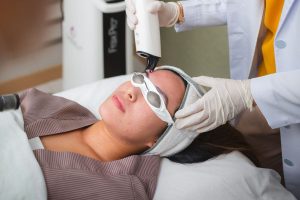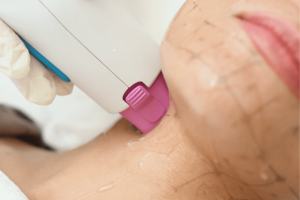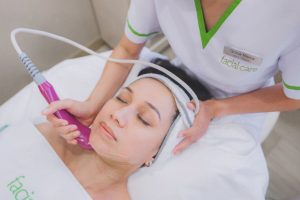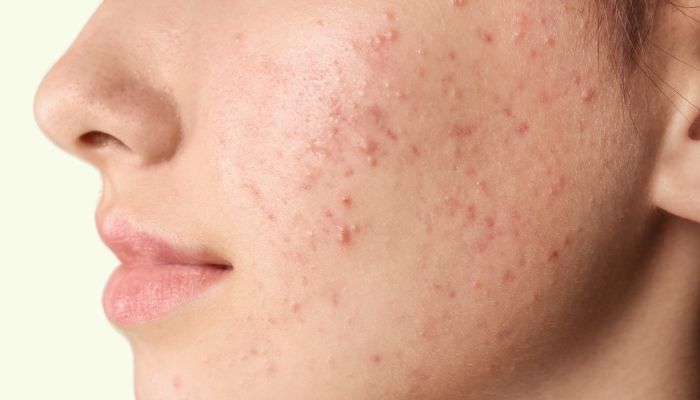
Acne is a common skin concern affecting people of all ages. Other than its impact on physical appearance, untreated acne can have long-lasting effects on skin health. It is important to understand the impacts of acne to maintain healthy skin and prevent long-term damage. In this article, we’ll discuss why acne treatment is important for overall skin health!
Understanding the Impact of Acne on Skin Health
1. Physical Effects
- Scarring and Hyperpigmentation: One of the most common long-term consequences of acne is scarring, ranging from mild, superficial marks to deep, pitted scars. Another common effect of acne is post-inflammatory hyperpigmentation (PIH), which can leave dark spots that persist long after the acne lesions have healed.
- Skin Texture Changes: Severe or persistent acne can change the skin’s texture, making it uneven or rough.
2. Psychological and Emotional Effects
- Self-Esteem and Confidence: Acne can have a significant impact on your self-esteem and confidence, particularly when it appears in visible areas such as the face.
- Emotional Well-being: The emotional toll of dealing with chronic acne can lead to stress, anxiety, and even depression in some cases.
Importance of Timely Acne Treatment
1. Prevention of Scarring
- Early Intervention: Treating your acne early can prevent the formation of scars and reduce the severity of post-acne marks! Dermatologists stress the importance of early acne treatment to prevent lasting damage.
2. Reduction of Inflammation
- Controlling Breakouts: The key to preventing acne scars and hyperpigmentation is to control acne with effective anti-acne treatments.
- Minimizing Spread: Prevention is better than cure! Early treatment can also prevent the spread of acne-causing bacteria, reducing the likelihood of new breakouts.
3. Improvement in Skin Health and Appearance
- Enhanced Skin Texture: Prompt and consistent treatment helps you prevent severe acne and maintain smoother skin!
- Even Skin Tone: Immediately addressing small acne prevents hyperpigmentation and helps maintain an even skin tone!
4. Long-term Skin Health
- Preventing Chronic Conditions: Untreated acne can lead to chronic skin issues, including persistent inflammation and scarring, which may require more intensive treatments later.
- Maintenance of Skin Barrier: Protect your skin health by maintaining the skin barrier! Use suitable acne treatments like barrier-supportive ingredients and moisturizers.
Effective Acne Treatment Options
1. Topical Treatments
- Retinoids: Retinoids help unclog pores, reduce inflammation, and promote cell turnover which causes your skin to heal faster!
- Benzoyl Peroxide: Benzoyl Peroxide is an antibacterial agent that reduces acne-causing bacteria on the skin. It also helps in exfoliating dead skin cells and excess sebum.
- Salicylic Acid: Salicylic Acid is a common acne-fighting ingredient. It is a beta-hydroxy acid that reduces acne by exfoliating the skin and keeping pores clear!
2. Oral Medications
- Antibiotics: In moderate to severe acne cases, antibiotics are prescribed to reduce inflammation and acne-causing bacteria.
- Hormonal Treatments: Oral contraceptives or anti-androgens are also prescribed for hormonal acne.
3. Professional Procedures
- Chemical Peels: Chemical peels are also recommended and done by professionals to reduce acne lesions and improve skin texture!
- Laser and Light Therapies: Laser and light therapies reduce inflammation and help prevent future breakouts.
Acne is not just a temporary skin issue; it can have lasting effects on skin health and overall well-being. It is important to seek immediate treatment to prevent scarring, reduce inflammation, and maintain a healthy complexion.
Consulting with an expert can provide personalized care and treatment tailored to your skin’s needs, addressing both the immediate and long-term impacts of acne. Take the next step in caring for your skin and book a consultation with Facial Care Centre today!
